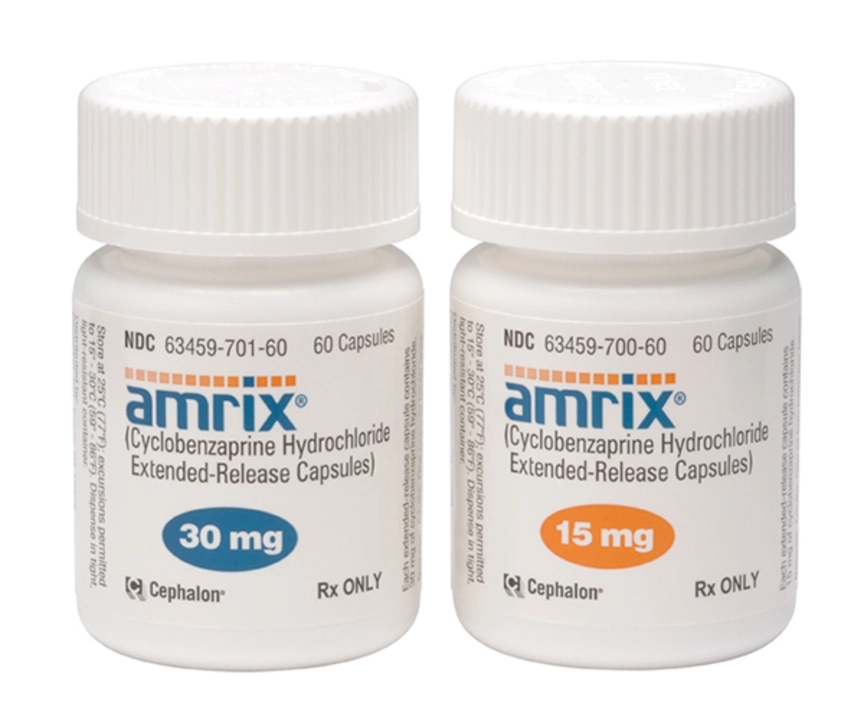Withdrawal: Symptoms, Timelines and Safe Steps
Feeling shaky, anxious, or just not yourself after stopping a drug or medication? Withdrawal can hit people in physical and mental ways, and knowing what to expect makes it easier to stay safe.
This tag page gathers practical articles about withdrawal — from alcohol and opioids to antidepressants, steroids, and prescription meds. You'll find timelines, common symptoms, safer tapering tips, and when to get medical help.
How withdrawal usually unfolds
Timing and symptoms depend on the substance, dose, and how long someone used it. Alcohol and benzodiazepine withdrawal can cause tremors, sweats, confusion, and seizures within 24 to 72 hours. Opioid withdrawal often starts in a day or two with muscle aches, nausea, yawning, and intense cravings. Antidepressant or steroid withdrawal may feel like flu, insomnia, mood swings, or brain fog and can come on over days to weeks.
Practical steps to stay safe
First, talk with the clinician who prescribed the drug. Do not stop many meds suddenly—benzos and some seizure risk drugs need slow tapering. If you can't reach your provider, visit urgent care or a helpline. For alcohol or benzo withdrawal, medical supervision can be life saving.
Use small steps at home: keep hydrated, eat light meals, rest, and avoid caffeine and extra alcohol. Track symptoms in a simple note so you can spot worsening signs. Simple breathing, short walks, and cold showers can ease anxiety and nausea for some people.
Medication can help. Doctors may use drugs to reduce cravings, ease symptoms, or replace the original drug while tapering. For alcohol, medicines like naltrexone or acamprosate support recovery when combined with counseling. For opioids, buprenorphine or methadone under supervision reduce withdrawal and overdose risk.
Watch for emergency signs: severe confusion, fainting, fast irregular heartbeat, or repeated vomiting. If these happen, call emergency services right away. If you feel suicidal or dangerously overwhelmed, reach a crisis line now.
Use this tag to find articles on specific drugs, safer buying tips, and how to get help. Each post focuses on practical steps and real-world advice so you can make safer choices quickly.
Want to find a doctor who knows taper plans? Search for addiction medicine, psychiatry, or a primary care doctor with experience in withdrawal. Local health services often run detox units or outpatient clinics. If cost is an issue, community clinics and harm-reduction groups can point you to low-cost care, naloxone kits, or medication programs.
If you're tapering a prescription at home, write a simple plan with target dates and small dose steps. Bring that plan to your provider and ask for adjustments. Keep someone you trust aware of how you're doing. Small check-ins dramatically reduce risk.
Withdrawal is unpleasant but manageable with the right steps and help. Use the posts linked here to read about specific drugs and real user tips. If in doubt, choose medical supervision over guessing. You don't have to handle withdrawal alone — help is available.
Bookmark this tag; check back — new guides and reviews get added regularly. Stay safe and ask for help.
How to safely taper off Cyclobenzaprine HCL
As a blogger, I've recently come across the topic of safely tapering off Cyclobenzaprine HCL, a muscle relaxant commonly prescribed for short-term use. To ensure a safe and smooth transition, it's crucial to consult with a healthcare professional before making any changes to your medication regime. They can provide a personalized tapering schedule based on factors like dosage and duration of use. During the process, it's important to monitor your body's response and report any adverse effects to your doctor. Remember, patience and open communication with your healthcare team are key to successfully tapering off Cyclobenzaprine HCL.






